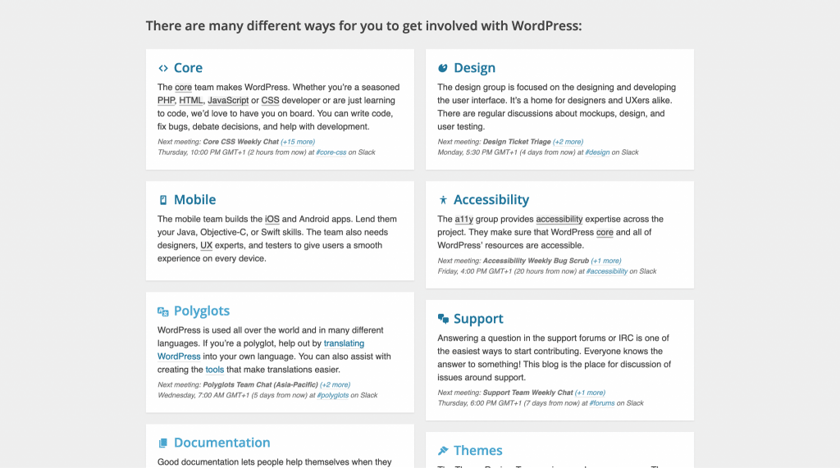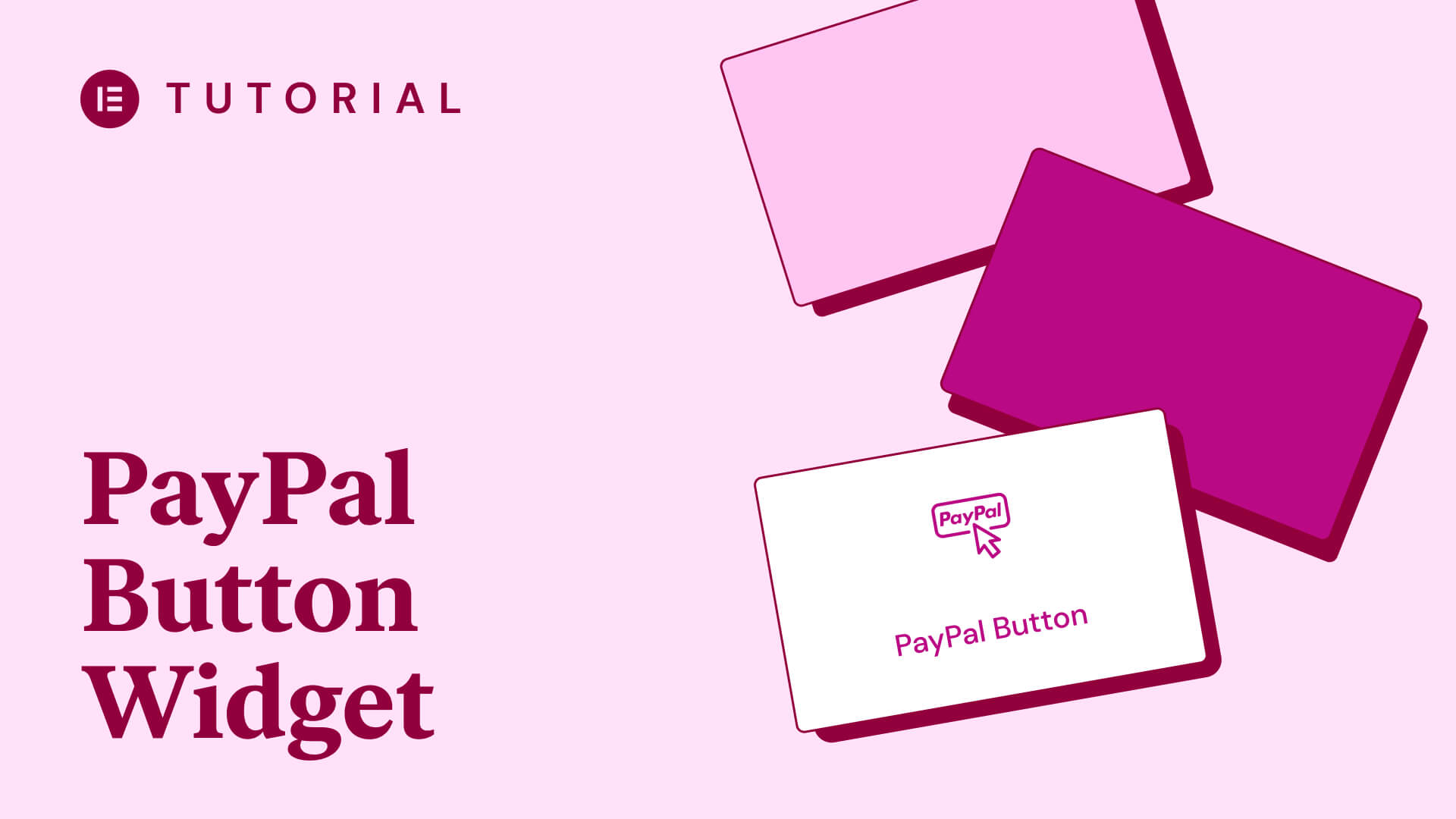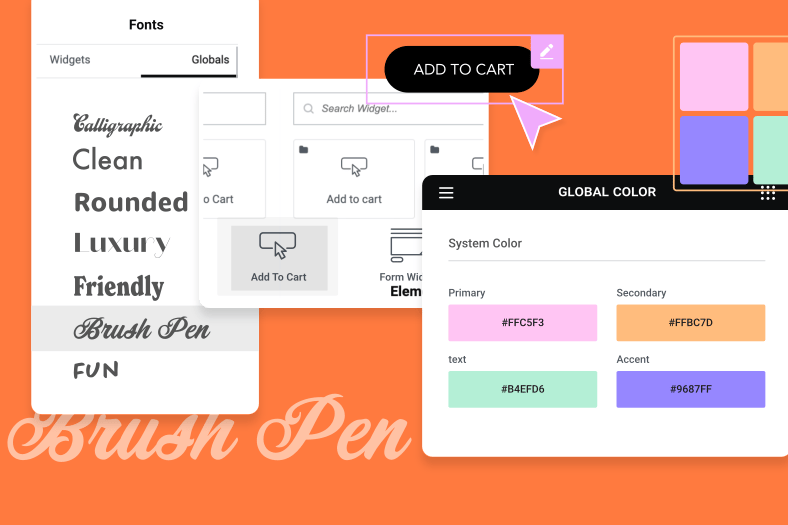In our last lesson, we touched on how WordPress is free and open-source, with creators all over the globe contributing and developing it further. Since there are two common uses for the word ‘free’, however, this can be confusing for new users to the platform encountering premium builders, plugins and tools over WordPress.
Once you understand both aspects of WordPress’ freedom, the whole philosophy of WordPress becomes clear, along with the reasons premium products exist in the ecosystem.
In this lesson, we’ll look to explain WordPress’ inherent freedoms along with other related concepts.
What Does Open-Source Mean?
Next, let’s talk about WordPress’ relationship to open-source. For the unaware, this means the code used to create a piece of software is available to view by anyone. What’s more, you’re also able to contribute to the project with the correct skills.

In contrast, proprietary software is ‘closed’. This means the source code is private unless you’re on the development team (which often means you’re being paid for your efforts).
WordPress itself is derived from an older blogging solution called b2/cafelog, and this also had an open-source license. We’ll talk more about this license and what it entails later.
For now, know that because WordPress is open-source, this means there are lots of developers with eyes on the platform’s source code. Because the platform has thousands of contributors, any issues can be worked on fast. This makes WordPress a safe and secure solution for publishing your website.
The WordPress platform has thousands of contributors, any issues can be worked on fast.
Are There Two Meanings of “Free”?
We’ve mentioned it already, but “free” isn’t just related to price. Of course, WordPress does have no cost to download, but you also have other freedoms when using the platform.
In fact, there’s a saying often attributed to open-source solutions in general: “Free as in speech, and as in beer”. In other words, the software costs nothing (like a free beer), and you also have the freedom to use it however you like (similar to free speech).
WordPress’ philosophy dictates that there are four core freedoms that all users have:
- The freedom to run the program, for any purpose.
- The freedom to study how the program works, and change it to make it do what you wish.
- The freedom to redistribute.
- The freedom to distribute copies of your modified versions to others.
We’ll talk about the specific details of the license next. Though, understand that just because there are freedoms associated with WordPress, this doesn’t mean it’s ‘open season’ to circumvent these ideals, or build in restrictions.
Is WordPress Copyright Free?
It’s time to talk about WordPress’ license. The platform uses something called the GNU General Public License (the GPL).
This is a decades-old open-source license that helps software remain free to all uses in the ways we’ve already described. There are a few different versions of the GPL, along with derivatives. Though, WordPress (and many others) chooses version two of the license.
In a nutshell, ‘GPL v2’ states that the end user has the freedom to make and distribute copies of licensed software, and charge for it if they wish. You also get no warranty with GPL-licensed products, and that a product must be licensed for everyone’s free use, or not at all.
In fact, b2/cafelog also uses the GPL, and this brings up a relevant aspect that’s unique to the license.
The GPL covers the four core freedoms we noted in the last section. Though, it also covers ‘derivative works’. In short, this means any software made that extends WordPress or comes from the platform must also carry the GPL license.
For an example, take a WordPress theme. While you’re able to sell the theme for profit, the core code must be licensed under the GPL. This means you have to ‘open-source’ the code for the theme. In other words, make it accessible to the public. Though, this doesn’t infringe on what you’re able to charge for your work.
This can be confusing, and it’s a complex situation at times. Though it makes sense once you understand the concept.
Does the GPL Include Content Published on WordPress?
Before we wrap up this lesson, we should talk about content. After reading everything above, you may wonder whether your content itself (such as your blog posts, images, etc.) are included within the GPL licensing. In other words, by publishing with WordPress, are you giving up the rights to your work?
The answer is: No, you’re not. The reason is because your content is an original work that could exist without the framework and platform WordPress provides.
Are you giving up the rights to your work? No, you’re not. Your content is an original work.
As we noted, the GPL covers derivative works. If you took the sample Hello, World post within the default WordPress install and added a couple of paragraphs, this would have to be GPL licensed.
Though in short, your writing, images, video, and other original creations hosted on your website are outside the scope of the GPL – so get creating!
How Do Companies Make Money From WordPress?
As we’ve noted already in this course, WordPress is free to download. As such, this begs the question: How do you make money from WordPress? The short answer is that developers build on top of the platform, and offer extra features, greater support, and more.
Of course, there are many themes, plugins, extensions, and services developed and sold to WordPress users. For example, Elementor has a few different pricing tiers, alongside a free version of the page builder:

Because of this, you’re not obligated to pay for these premium services. In fact, WordPress has a thriving Theme Directory and Plugin Directory with thousands of zero-costs solutions.
WordPress has a thriving Theme Directory and Plugin Directory with thousands of zero-costs solutions.
In order to make money, companies will often provide core functionality for free, then give you the opportunity to upgrade for a yearly subscription.
For example, with Elementor, you get a full-featured version of the page builder for free. If you want to access site templates, regular updates, and premium support, there will be a tier to suit you.
On the whole, while the software itself has no cost, some of its related elements do. As such, paying for WordPress products makes sure the community thrives on a long-term basis.
Summary
Well done on reaching the end of this lesson! We’ve discussed a few core concepts of WordPress, such as its open-source nature, and the GPL. By now, you’ll understand how WordPress can be free in a few different ways. You should also realize why you can spend money on a platform and tools that would otherwise have no cost attached.
We’ll see you in the next lesson!






